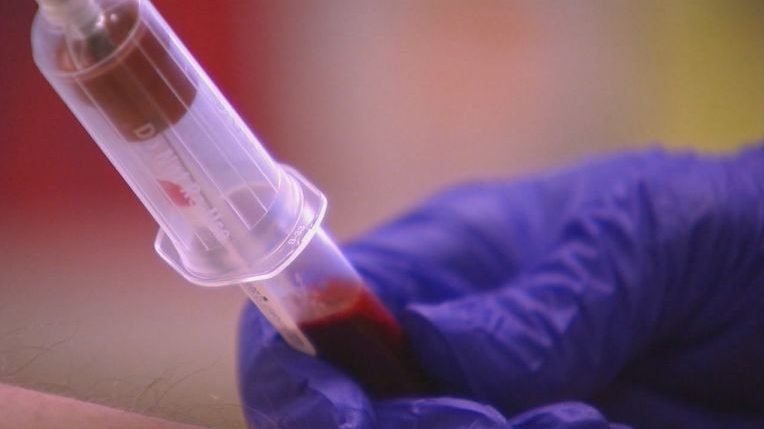A recent study has suggested that a blood test that tracks fourteen different biomarkers, makes it possible to predict the person’s risk of dying within the next decade much better than any other traditional techniques. There is a long way for this research to come before it can be utilized in clinical environments, though.
The blood test, as mentioned before, tracks fourteen biomarkers that have been identified as associated with all-cause mortality. The biomarkers that were identified are not related to any specific kind of diseases but rather represent general health and include the markers for inflammation, glycolysis, and fatty acid metabolism. The researchers have validated the test using a sample set of more than 44,000 subjects that cover all age groups. According to the study, the predictive mortality score that was generated by the blood test is accurate across women and men of all ages.
Amanda Heslegrave who is a dementia researcher and was not part of the study said, ‘The large numbers in the study are good and also the fact that they have a large number for the outcome – in this case, mortality – makes the data more viable. However, it is limited by the fact that being only European data may not apply to other ethnic groups without further studies.’ Among the list of outcomes for this particular blood test is the fact that it can be utilized as a surrogate endpoint in clinical studies for representing overall mortality.
The researchers have written in their published paper, ‘… it may be used as a surrogate endpoint for clinical trials in older individuals since showing (a reduction in) the total mortality endpoint is mostly not feasible due to the limited duration and number of cases in a regular clinical trial.’ Eline Slagboom, who is among the researchers that worked on the paper from Leiden University, suggests that an outcome of this blood test could be to assist clinicians for ascertaining more effective treatment strategies for elderly patients.
Slagboom says, ‘The calendar age just doesn’t say very much about the general state of health of elderly people: one 70-year-old is healthy, while another may already be suffering from three diseases. We now have a set of biomarkers which may help to identify vulnerable elderly people, who could subsequently be treated.’ The research has been published in the journal Nature Communications.

